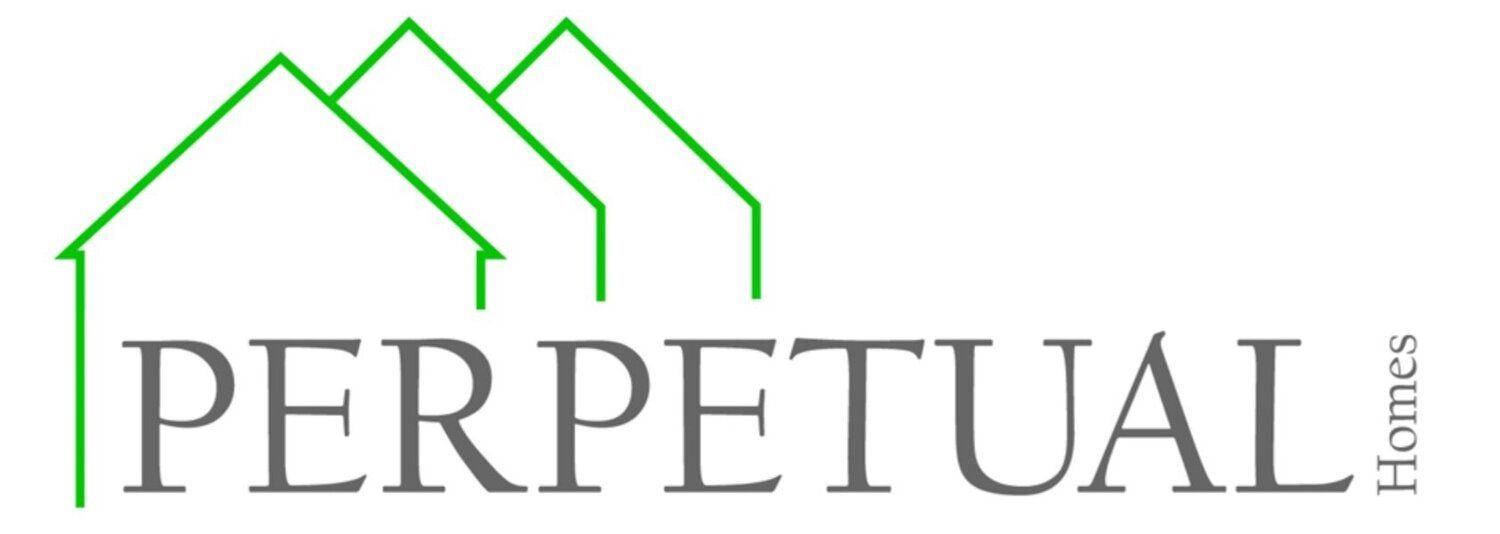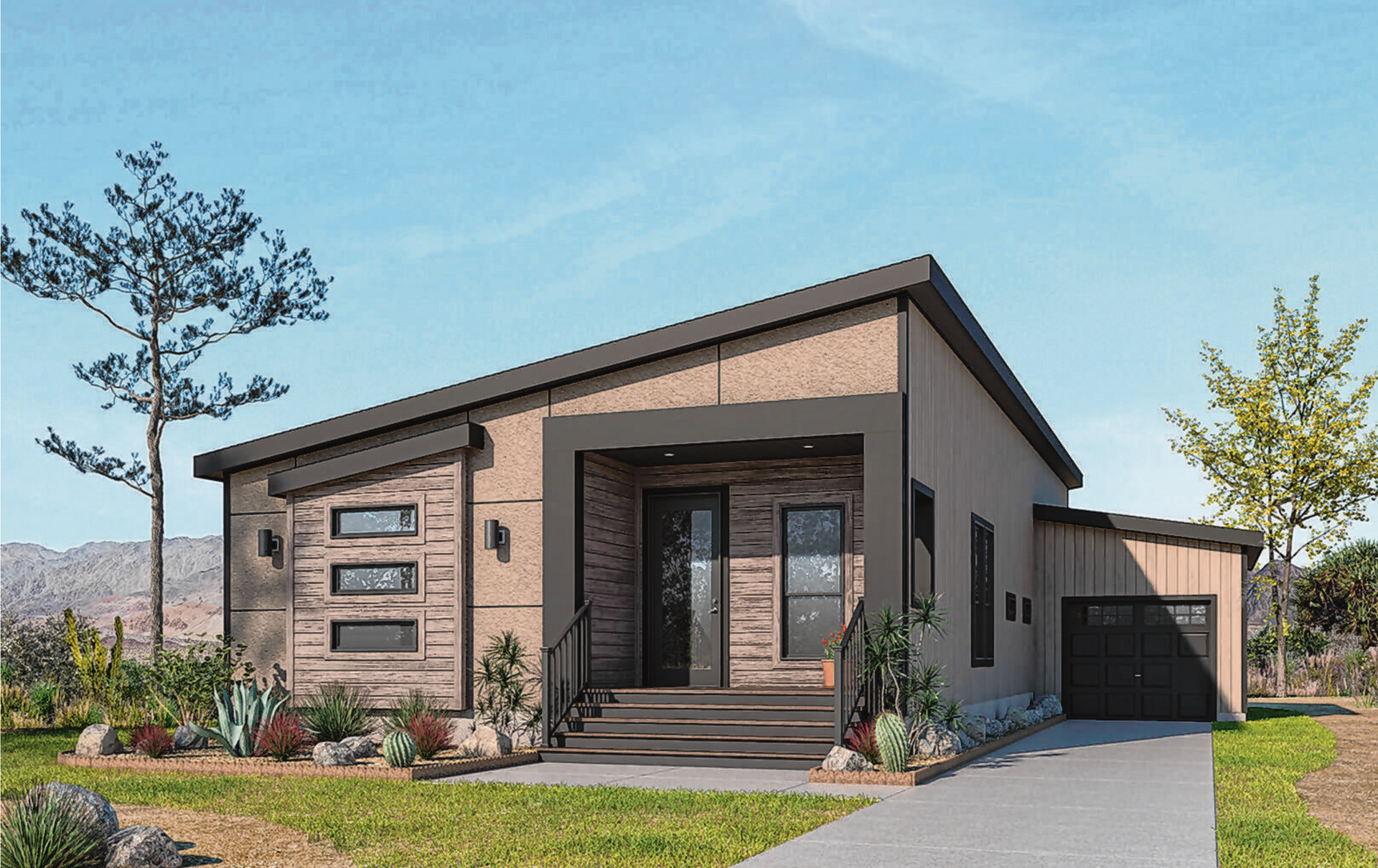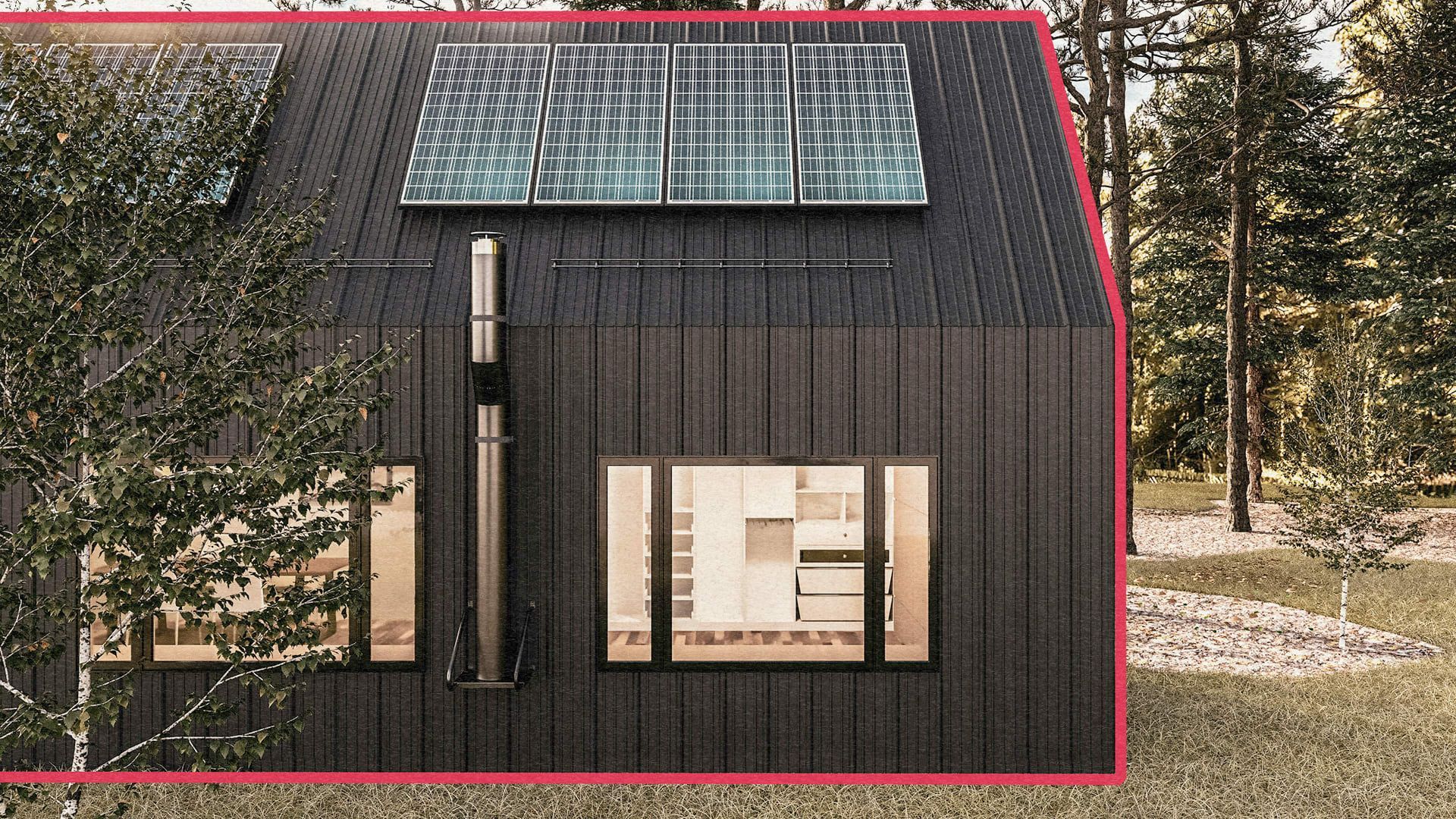ADUs on the Rise: How Backyard Units Can Boost Your Financial Outlook
What does ADU mean in housing? An Accessory Dwelling Unit in housing refers to a secondary- self-contained unit located on the same property as a primary single-family home. ADUs are also popular with different names, such as in-law apartments and backyard cottages. They are self-contained living spaces with a kitchen, bedroom, and sleeping areas for independent living. Although ADU’s become increasingly popular, homeowners are recognizing their potential to increase their financial prospects. These backyard units, standalone cottages, or basement apartments offer the dual benefit of extra living space and potential rental income. ADUs allow homeowners to expand their income by renting their units to tenants and tourists. By availing of these ADU, homeowners improve their financial outlook through rental income, property value, and active participation in housing solutions.
The Financial Benefits of Building a Backyard Unit
Building a backyard unit offers a significant financial benefit. It can generate additional income by renting a backyard unit. Supplementing the homeowner's cash flow and covering loan costs. Additionally, extra living space often increases property value, leading to higher pay and tax incentives like deductions for depreciation and expenses. Some of the other financial benefits of building a backyard may include:
Home Value Appreciation
The addition of a backyard unit can highly contribute to home value appreciation. This little space generates rental income and enhances the overall property value. The increased square footage and functional living area can attract a broader range of potential buyers or renters, leading to a higher demand for the property. Backyard units often cater to the growing trend of multigenerational living, providing extra living space for family members or even serving as a home office. This adaptability can make the property attractive to a broader audience and increase its market value. Moreover, as the housing market values unique features and functional spaces, a well-designed backyard unit can set a property apart from others in the area, potentially commanding the best price.
Short and Long-Term Financial Gain
ADU,s have gained popularity as a way to increase housing options and serve as a source of income for homeowners and real estate agents. Here is how they contribute to short-term and long-term financial gains:
Tourist Accommodation:
Depending on your location, you can list the ADU on platforms for short-term vacation rentals. This can lead to higher rental rates during peak tourism seasons.
Cost sharing:
If you are building ADU for extended family members, it can help share the cost and offers privacy too.
Equity Growth:
As you pay down the mortgage on your property, your equity increases. The income generated from the ADU can help accelerate mortgage payments, further growing your equity.
Flexible Use:
If your needs change, you can repurpose the ADU. For instance, if you no longer want to rent it out, you could use it for personal purposes like a home office, guest suite, or space for ageing family members.
Standard rules to follow when valuing an ADU
Having an Accessory Dwelling Unit (ADU) involves assessing several factors to arrive at an accurate estimate. Here are some basic rules to follow when valuing an ADU:
- Consider your area's real estate market conditions, and identify supply and demand factors. Interest rates and local economic trends. These can highly influence the value of an ADU.
- If you are still determining about valuing the ADU on your own, consider hiring a professional appraiser with experience in valuing ADUs. An appraiser can provide an attractive assessment of the ADU's value.
- ADU size, layout, and number of bedrooms/bathrooms play a significant role in determining value. Larger, well-designed units with adequate amenities tend to have higher values.
- Assess the functionality of ADU. Is it well-designed for comfortable living? Does it have its entrance, utilities, and parking? A functional and well-designed ADU is more valuable.
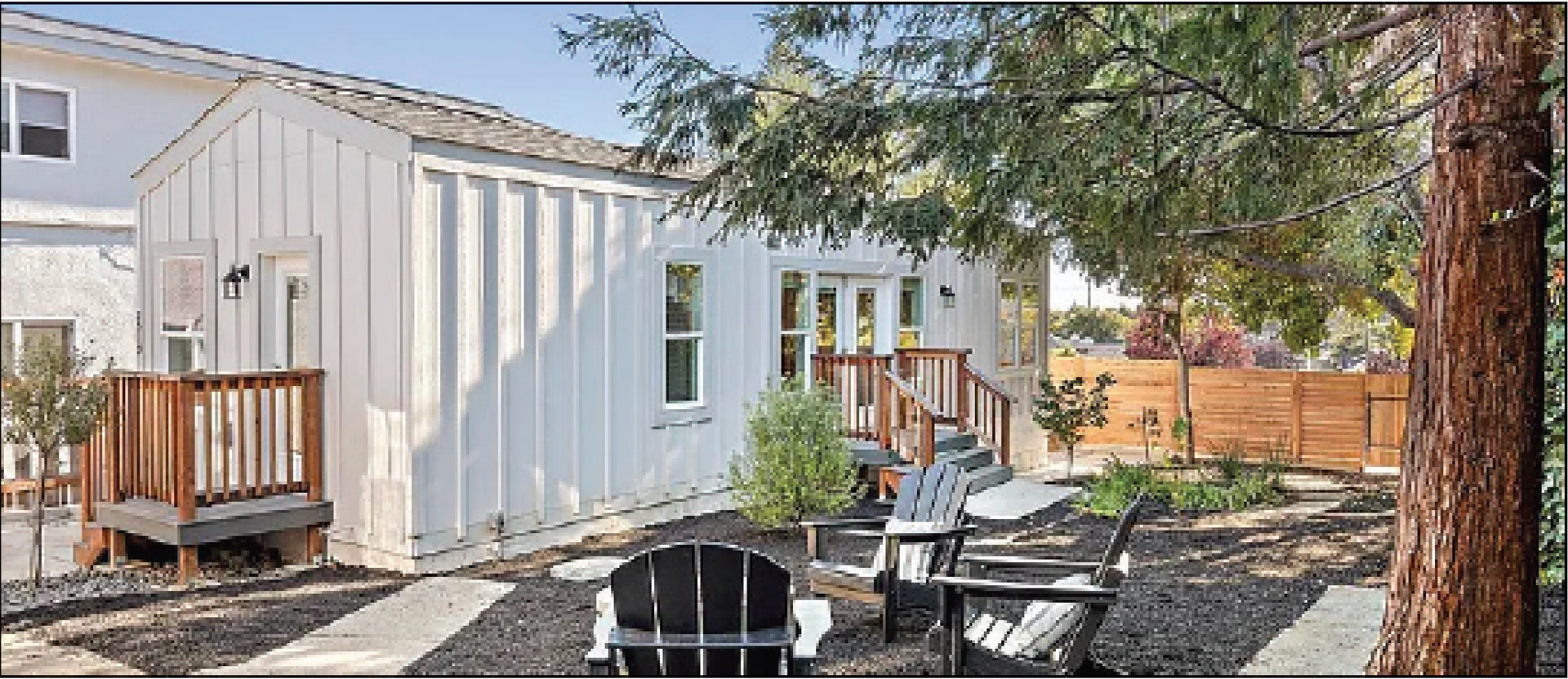
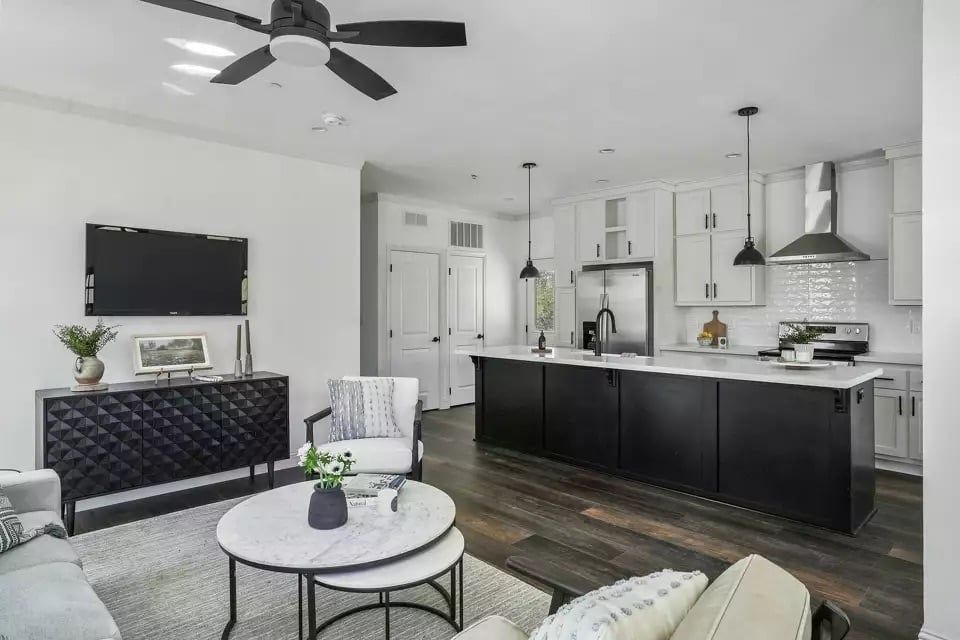
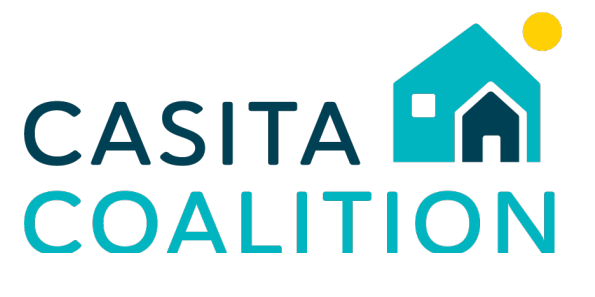

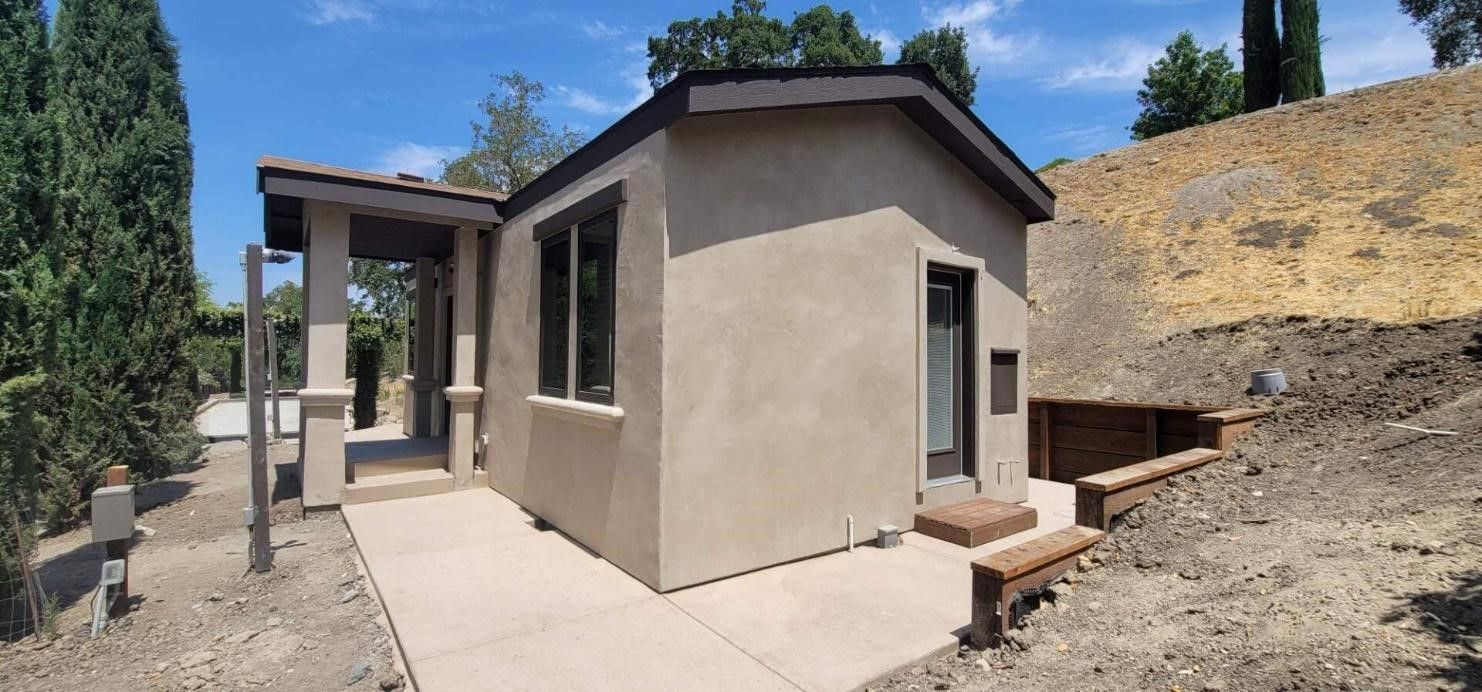
Please Note: All sizes and dimensions are nominal or based on approximate builder measurements. 3D Tours and photos may include dealer and/or factory installed options. Perpetual Homes reserves the right to make changes due to any changes in material, color, specifications, and features at any time without notice or obligation. Homes may require optional features to be eligible for financing, consult with your retailer for more information.
T: (925) 309 0205 E: Perpetualhomesadu@gmail.com
DL#1557865
**Authorized Skyline Homes Dealer
Contact Us
We will get back to you as soon as possible.
Please try again later.
Perpetual Homes representations and the actual look of your ADU may vary. The measurements provided will make up the floor plan approximating the length and width from exterior wall to exterior wall. We will continue to invest in our product and process improvements. Our models, floor plans, specifications, dimensions, features, materials, appliances, furniture, and availability displayed on our website and/or other marketing platforms are subject to change.
The project timelines and schedules provided are based on our research and knowledge but it does not account for unforeseen city, town, county, state and/or other municipal agency (collectively the Government) processes such as, but not limited to, appeals, special permits, or processing delays. The portions of the timelines relating to the Government can and will change without notice. The project timeline/process is based on the assumption that the customer will be available and able to make quick decisions. Perpetual Homes cannot guarantee and/or be responsible for the time it takes the Government to complete its checks and verifications. Construction timelines are estimates and cannot be guaranteed by Perpetual Homes.
For the avoidance of doubt, Perpetual Homes is not a licensed general contractor. All of the construction jobs associated with the project which require a licensed general contractor will be performed by a licensed contractor who will engage with the property owner directly with applicable law.

